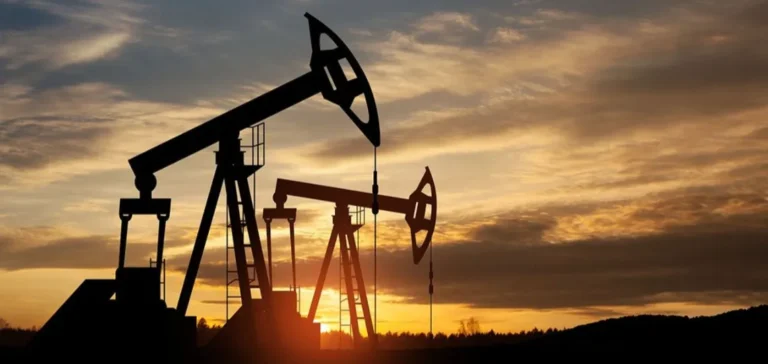Russia continues to gradually increase its crude oil production and has approached its quota set under the expanded Organisation of the Petroleum Exporting Countries (OPEC+) agreements, according to Russian Deputy Prime Minister for Energy Alexander Novak. He stated that the country’s production in August was 90,000 barrels per day (bpd) below the authorised level but that the pace has since accelerated.
“Production is growing, and we are increasing it. It happens gradually. Just as we cannot reduce quickly, we do not increase abruptly,” Novak said during a press briefing. When asked about the level reached in September, he said Russia had either approached or aligned with the authorised volume.
Continuous but controlled increase
Previously published data showed that Russia produced 9.173mn bpd in August, below the 9.259mn bpd allowed at the time. This quota included necessary adjustments due to previous excess production.
A new compensation schedule has been agreed upon by the OPEC+ members, allowing Russia to raise its production to 9.415mn bpd for the month of September. This volume represents an increase of 242,000 bpd compared to August, though official figures for September have not yet been published.
Stable supply under output restrictions
The quota mechanism implemented by OPEC+ aims to regulate global crude supply in order to balance the market. Russia, as a key member of this extended alliance, has had to adjust its production repeatedly to meet collective commitments taken in a context marked by oil price volatility.
Moscow’s ability to align with its targets could reinforce its position within OPEC+, as members continue to discuss future production volumes. Coordination remains critical to maintain alliance stability in the face of demand shifts and the emergence of new producers in the market.






















